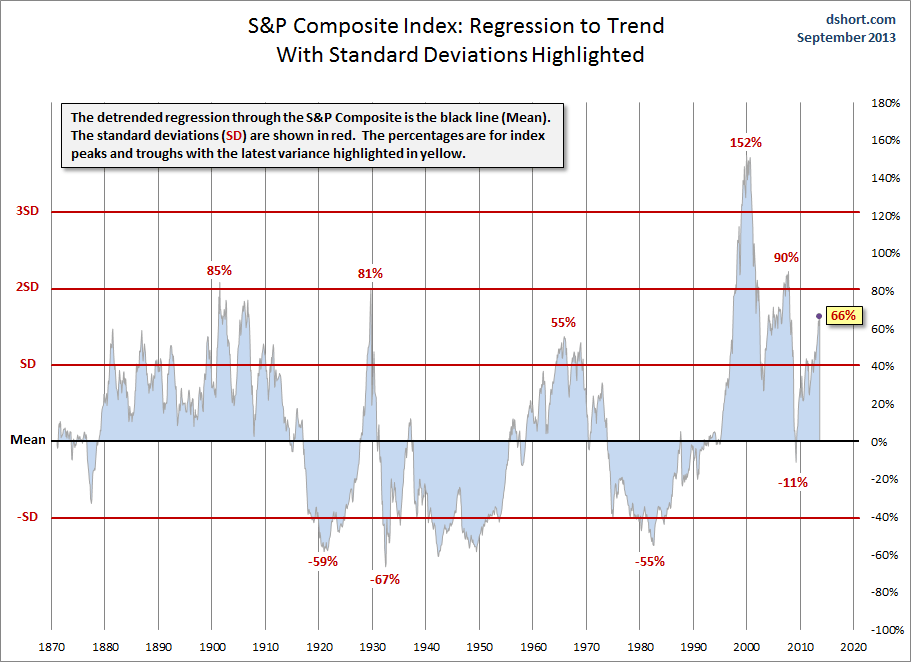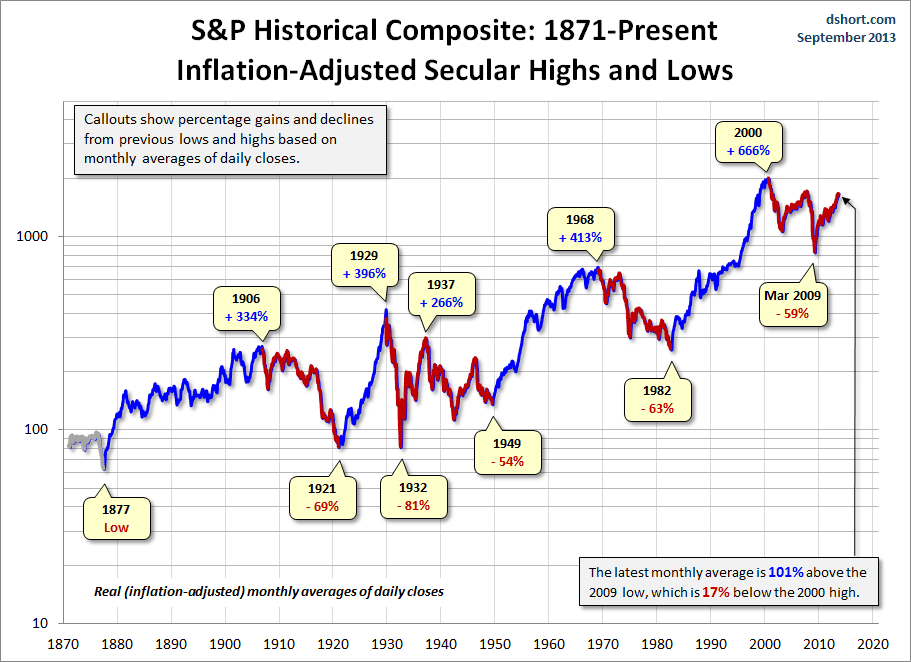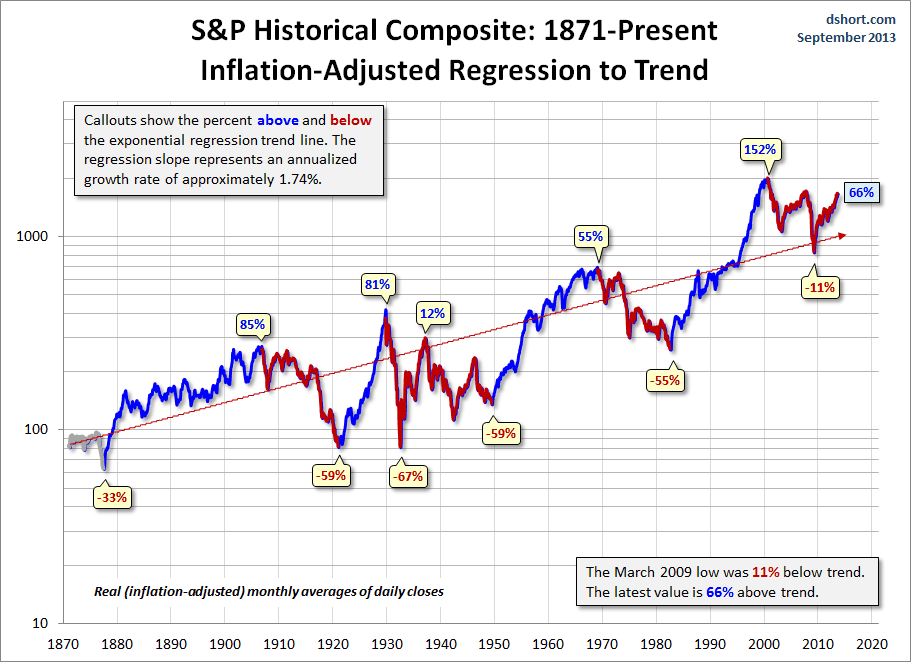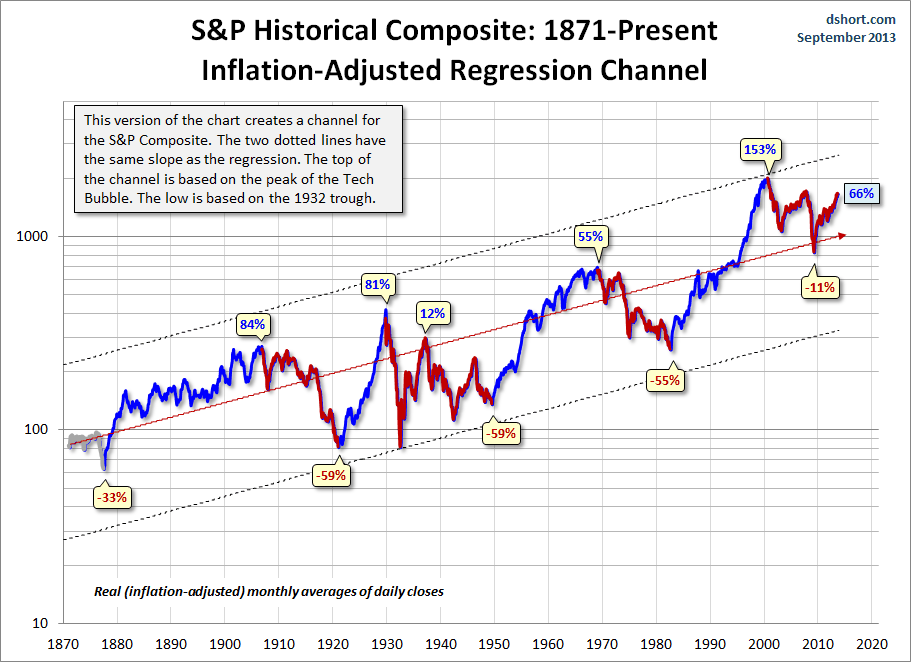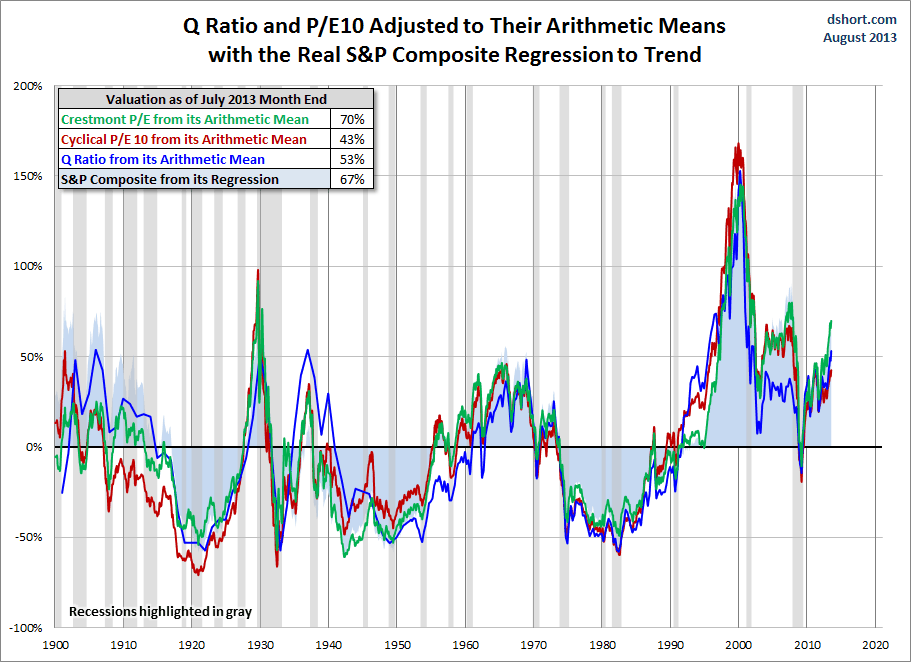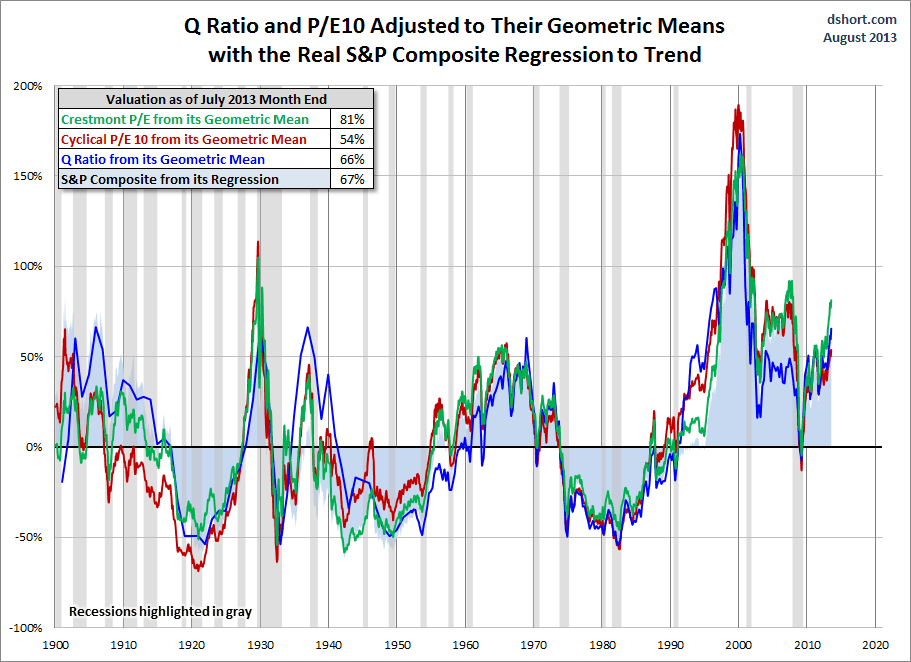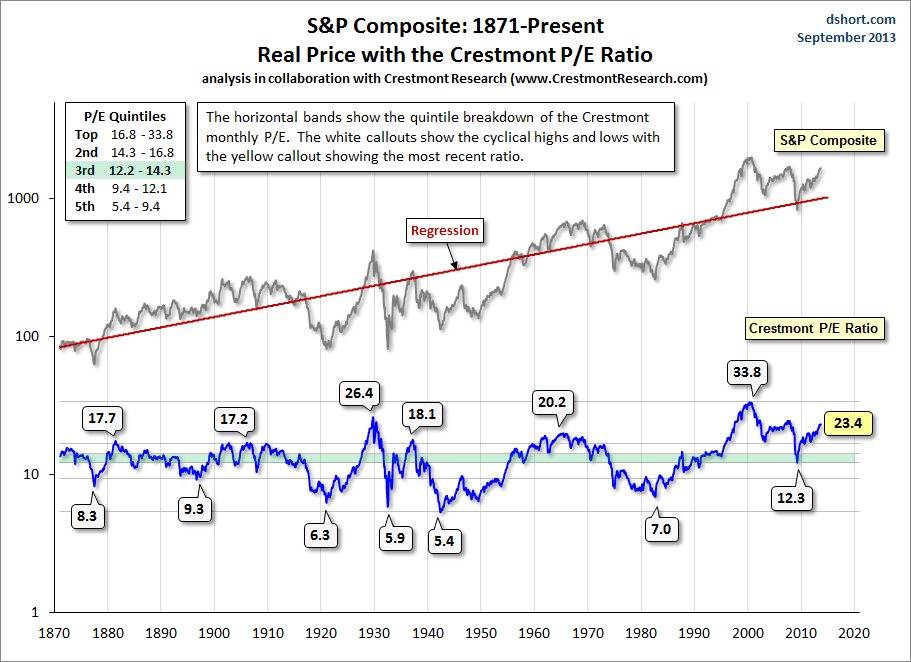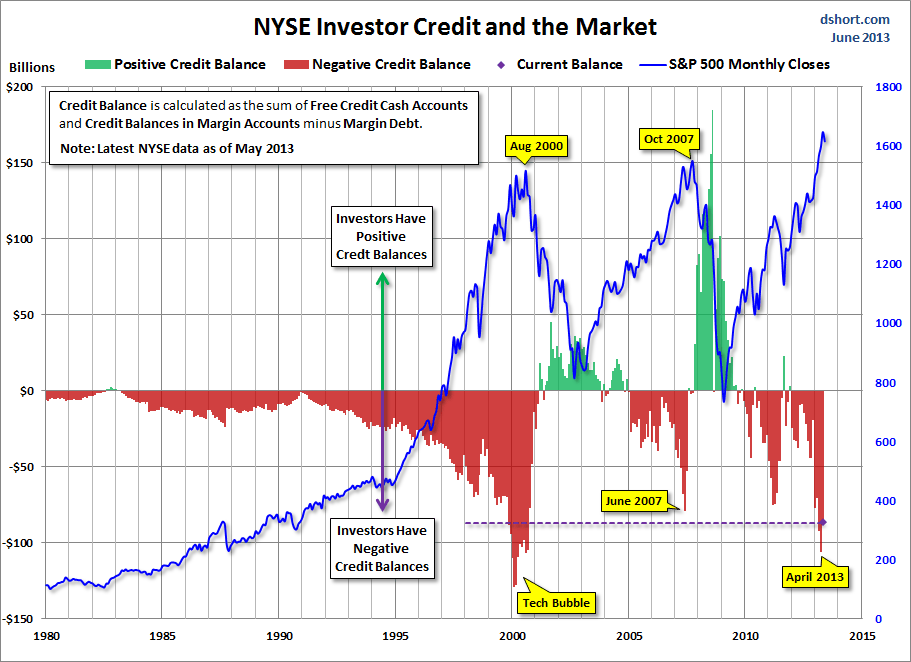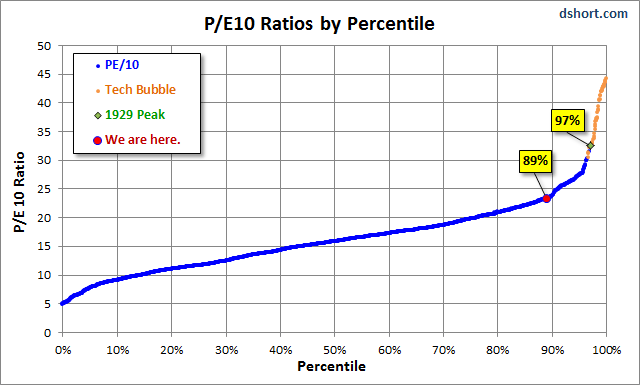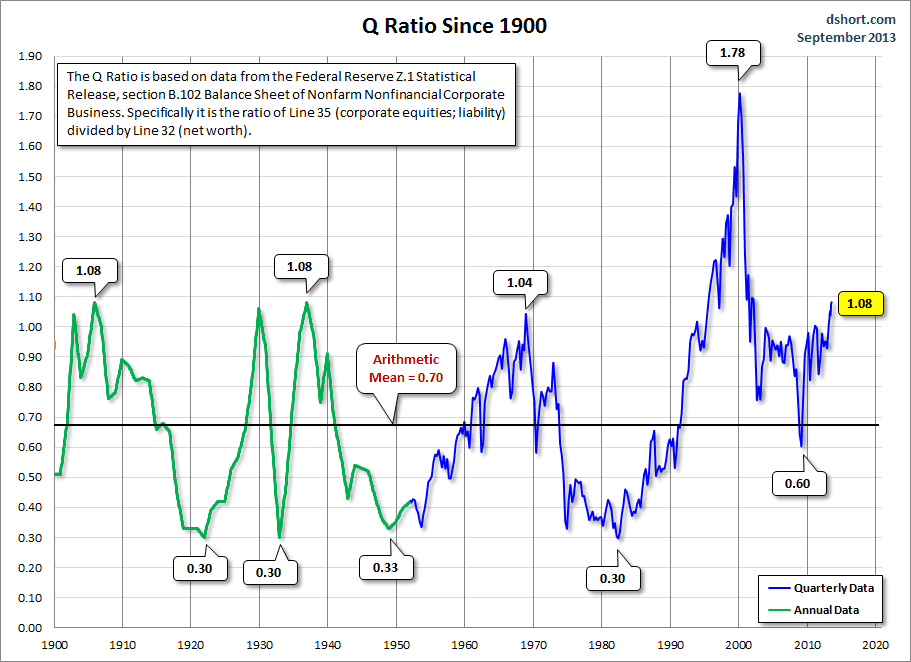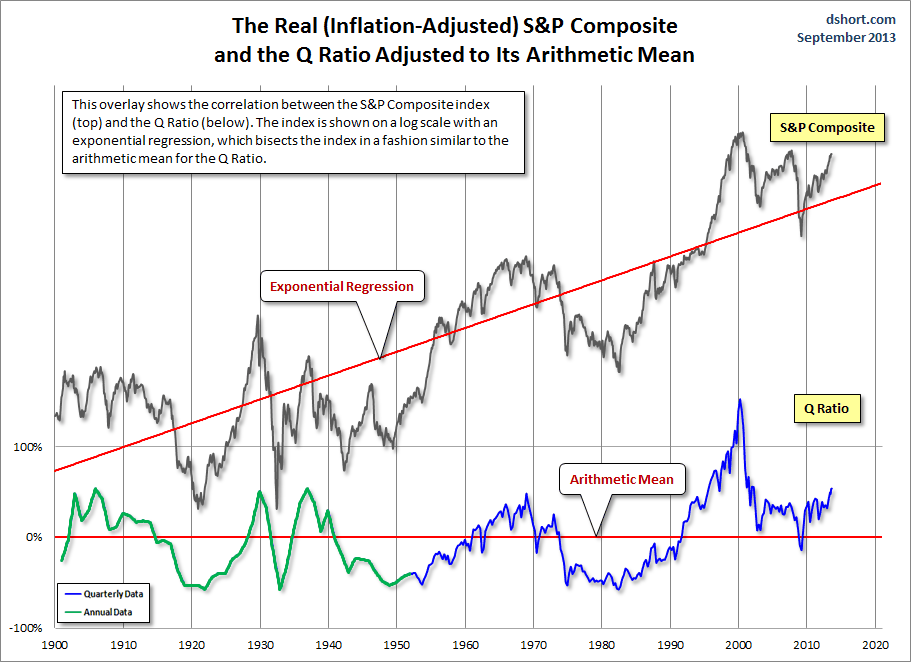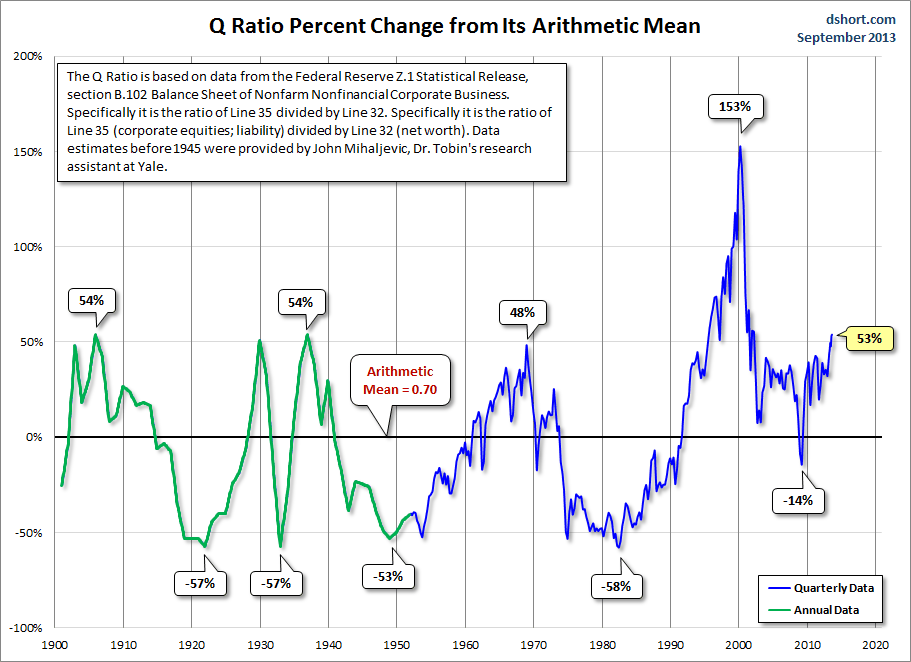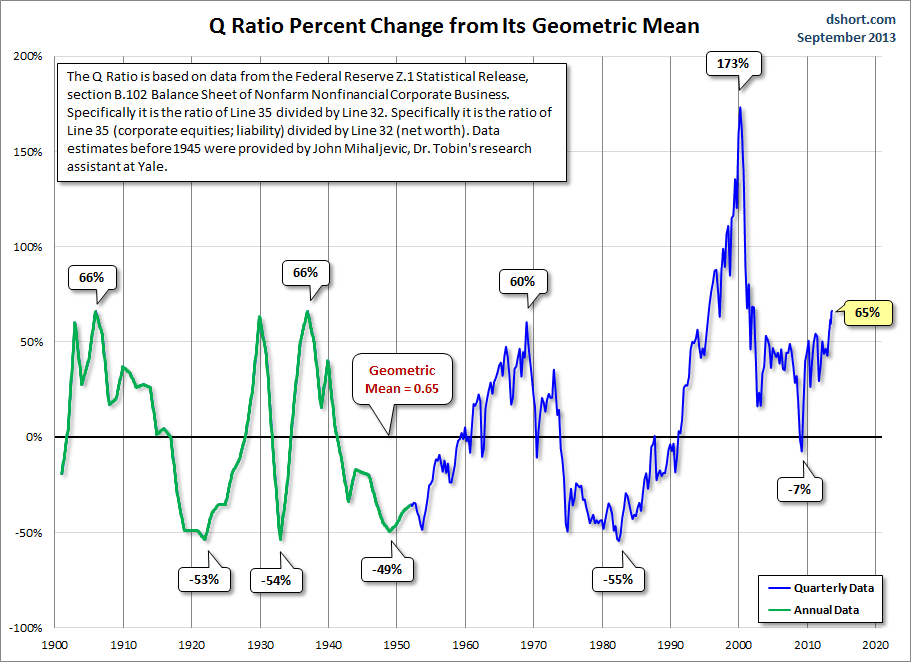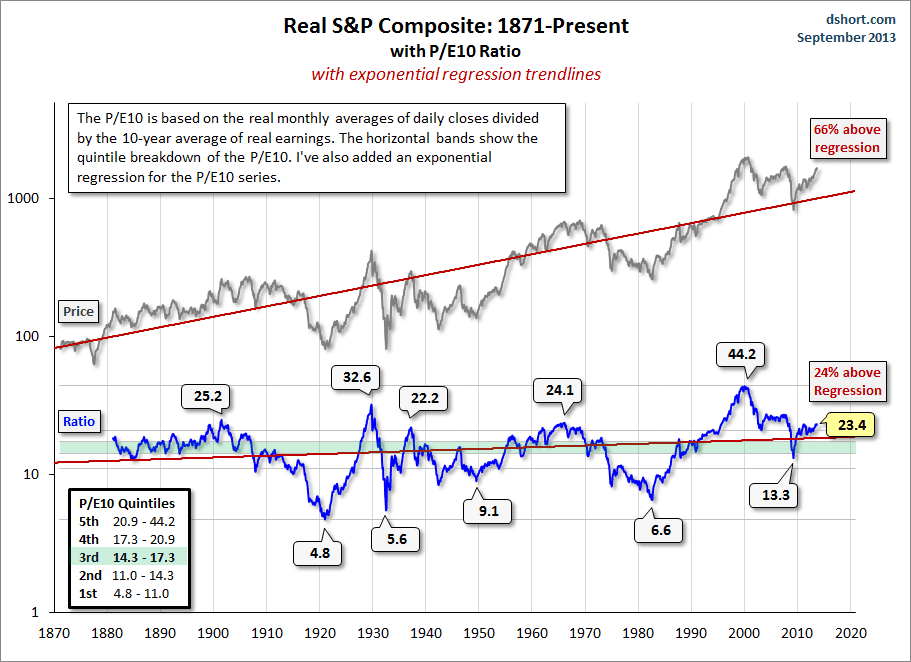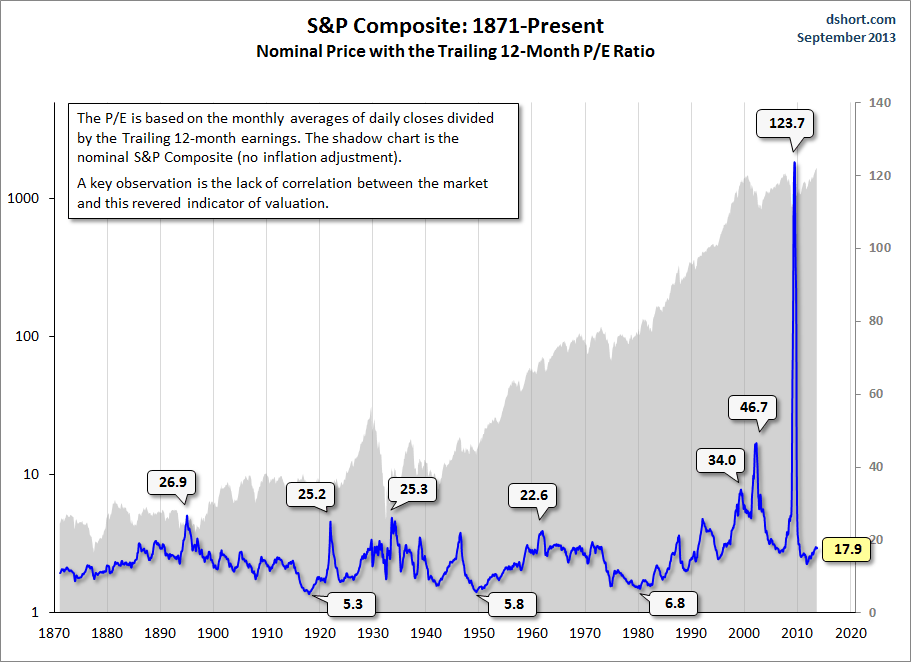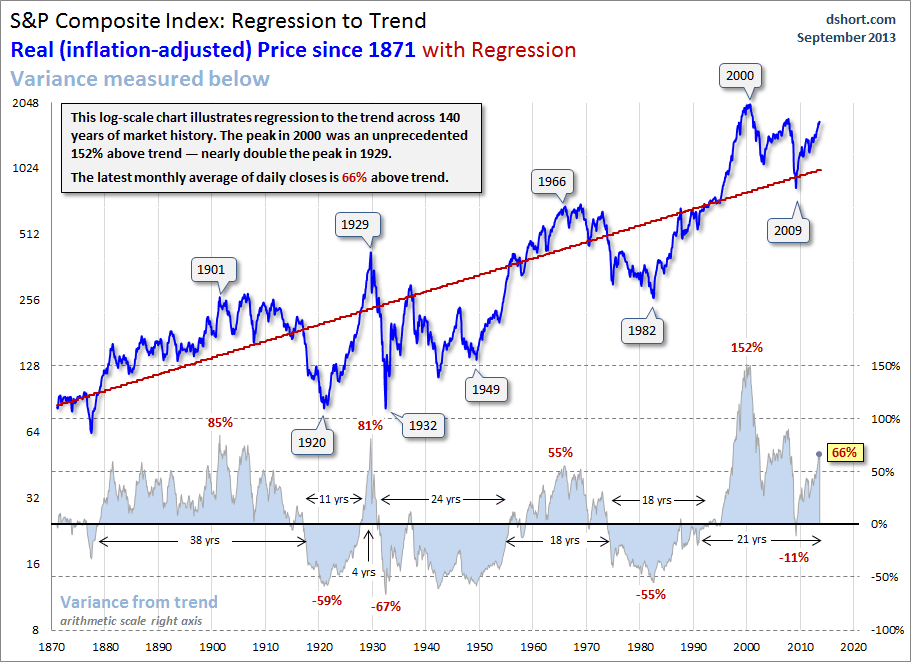
giofranchi
Member-
Posts
5,510 -
Joined
-
Last visited
Content Type
Profiles
Forums
Events
Everything posted by giofranchi
-
Not at all!! That’s exactly why I hold investments in the companies I have great conviction about, companies that I think will do very fine (like BRK or WMT did between 1975 and 1985), whatever the market as a whole does. While I also hold some cash and some short positions, just in case great bargains might present themselves in the not too distant future. :) giofranchi
-
giofranchi
-
Investment Portfolio Return Summary - August 2013 giofranchi 2013-August-Monthly-Report-TPRe.pdf
-
Bob Rodriguez 25 years experiment on Concentration
giofranchi replied to ASTA's topic in General Discussion
Packer, with this I agree 100%, and long-term I am very bullish about US/Canada. Actually, with the only exception of LRE, all my investments are in US/Canada! :) Anyway, as much as Chapter 11 might be a very useful thing and a huge advantage, I still have a very hard time trying to reconcile it with buoyant stock market valuations… As you can see in the graphs I have just posted on the Macro thread, stock market valuations right now are very rich and optimistic, if compared to what happened in the past… I know your view is the future will turn out to be much better for business than the last 100 years or so… And therefore higher stock market valuations are justified… Yet, sincerely, I don’t know… As long as Chapter 11 might be too frequently “called upon” and market valuations remain elevated by historical standards, I prefer to keep behaving conservatively. giofranchi -
-
-
Mr. Charles Gave on interest rates and growth. giofranchi Daily+9.3.13.pdf
-
Bob Rodriguez 25 years experiment on Concentration
giofranchi replied to ASTA's topic in General Discussion
Not me!! ;) giofranchi -
Bob Rodriguez 25 years experiment on Concentration
giofranchi replied to ASTA's topic in General Discussion
For all who think there is no problem in Europe, I simply invite you to come to Italy, have a nice trip for a few weeks, so that you can relax and visit wonderful places. Then, when finally recharged and with your full strengths completely restored… TRY TO DO SOME BUSINESS!! GOOD LUCK!! ;D ;D giofranchi -
Bob Rodriguez 25 years experiment on Concentration
giofranchi replied to ASTA's topic in General Discussion
Packer, are you telling me that you really know how the situation of Japanese banks was in the 1990s? How do you know if banks have or do not have a solvency issue? When any solvency issue might be hidden by liquidity for years?! Furthermore, are you telling me that you know how the true situation of Sweden was, just because you have read Mr. Fisher’s paper? Btw, as much as I respect Mr. Fisher’s work, I also have read that paper and I am sure I don’t know anything about Sweden’s situation way back then! The problem with macro is that it is so imprecise… It is really more stories than facts… Not because facts are not there… But because we have the nasty tendency to generalize… Instead, little changes in premises might very often mean big changes in outcomes… we seldom truly have all the facts that matter, therefore we seldom come to the right conclusions. To get an economic system like Japan, Europe and even the US so much into debt, you must have done basically two things: 1) To squander resources: a serious misallocation of capital. 2) To live beyond our means for many years. They both are mistakes that have already been committed. I believe we are not necessarily bound to repeat them again and again. I believe we could learn from our mistakes and improve our behavior. I don’t believe though that, once we have erred again, we might be spared from living with the consequences of our misbehavior. Until definitely proven wrong of course! And I sincerely hope I will be proven wrong! Yet, as I have said, imo it is still too early… I like to keep it as simple as that. giofranchi -
Bob Rodriguez 25 years experiment on Concentration
giofranchi replied to ASTA's topic in General Discussion
Packer, but the majority of your banks were failing firms! They were just rescued by taxpayers money! You kept them alive! Now free money and no marked to market accounting are helping them to post significant earnings increase… Maybe, and I really hope it is so, now they have learnt their lesson and are finally doing the right things… but, it is way too early to judge and, as I have said, the jury is still out! Most of all, just because Sweden “got lucky” one time, doesn’t mean it matters for the whole Europe or the US… I don’t know what Sweden did exactly, or how much its private and public sectors were indebted… If you know a good book on the subject, I would gladly read it. What I do believe is something that has nothing to do with macro. What I believe is rooted in human nature: if you have made mistakes, sooner or later you must pay for them. And, if you have let your finances get too much into debt, imo, you have made a serious mistake! Now, people say: if you enact this policy, your are going to pay for your mistake, but, if you enact this other policy instead, you won’t. Well, that is macro (or macro tourism!). Maybe, we will truly discover the philosopher stone, and from now on we won’t have to pay for our mistakes any more (Hey! Just keep getting into debt as much as you want! Don’t worry, we have the right policy to solve everything!). But, until there is evidence about that great event, I would proceed with caution and I would wait to declare victory! giofranchi -
Bob Rodriguez 25 years experiment on Concentration
giofranchi replied to ASTA's topic in General Discussion
I can't disagree with anything you said. However, perhaps I suffer from lack of imagination, but I have a hard time seeing a world where things like BAC and C are nationalized and WFC and AXP just go on, business as usual. They might have been last man standing, but perhaps not by much. I just don't believe that BAC and C go under but people keep on taking out home loans from WFC and charging dinners at Lutece on their Amex card. But who knows, that was just my fear. I think we are all more interconnected than we believe. Look at the financial crisis. A crisis in real estate touched and has continued to touch every walk of life since. Kraven, I agree. That’s why I neither invested in BAC and C, nor in WFC and AXP. Instead, I bought those businesses in which I have “great conviction”. Under the apocalyptic scenario you painted, probably they would also have gone under… even if business is among humans ever since the Phoenicians set sails on the Mediterranean Sea… probably before! :) But what about a much easier scenario to conceive: something like Japan during the last 20 years? A slow but steady decline in asset prices, or at least a prolonged stagnation… Europe is already well on its course to follow Japan… Why couldn’t it also happen to the US? Is it so unconceivable? I don’t know… anyway, I think the jury is still out! In such a scenario (and probably also in the apocalyptic one) I do believe that shrewd capital allocators would still find ways to prosper… This is what great entrepreneurs do: --Jean-Baptiste Say, around 1800 And to stick with great entrepreneurs is the policy with the greatest “convexity of outcomes” I can think of. giofranchi -
Bob Rodriguez 25 years experiment on Concentration
giofranchi replied to ASTA's topic in General Discussion
I agree. Yet, to this “convexity of outcomes” I would still prefer a “great conviction in a business”. To have great conviction in a business doesn’t mean you know everything about it. I don’t know everything about FFH, nor about LRE. Exactly as I don’t know everything about WFC, nor about AXP. Yet, I have great conviction about FFH and LRE, while I don’t share the same feeling about WFC and AXP. To have great conviction in a business, you don’t have to know everything about that business. Instead, I think you should study what works in business and what doesn’t. And just stick with those businesses that show to possess all the favorable elements. Once again: giofranchi -
Personally, I am concentrating my firm’s portfolio on those companies that I think will behave more resiliently, should a recession unfold together with a market correction. I still don’t see how we are going to solve our long-term problems easily or painlessly… And now, besides very high debts in developed nations, we also have high prices for almost all asset classes. Where are we going from high debts – high prices? Well, to low debts – low prices… As far as I am concerned, until I hear someone with a different thesis that is truly convincing, it is as simple as that! Therefore, I am gradually selling those companies that have handsomely appreciated in share price, and I am concentrating funds basically in 3 companies: FFH: 30% of my firm’s portfolio, LRE: 20% of my firm’s portfolio, BH: 9% of my firm’s portfolio. A basket of shorts stays at 10% of my firm’s portfolio, While Cash is around 20% of my firm’s portfolio. giofranchi
-
Investment Results August 2013 (106% long, 76% short): August: +0.9% YTD 2013: +11.7% http://www.greenlightre.ky/FinancialInformation/InvestmentReturns.aspx giofranchi
-
Investment Results August 2013: August: -0.7% YTD 2013: +14.1% giofranchi TPRE_Investment_Results_August_2013.pdf
-
Is every single investor who got rich by investing in Buffett/Berkshire really smarter than investors investing in (lets say) Bernie Maddoff? You don't think that there are some lucky investors who choice for for Buffett while some unlucky investors went for Maddoff? No, I don't think so... I might be wrong, but to invest on your own you must be a businessman. Everything else is simply amateurish... And if you are a serious businessman, you study what works in business and what doesn't. Most of all you spend your days studying management, the traits of great managers. There certainly are patterns that can be recognized and that you want to see. If I don’t see those patterns, I always walk away. That’s why I don’t invest in BAC, even when everybody is making a lot of money out of it. giofranchi
-
There is a reason I wrote PERSONALLY: because practically everything you find on Google is the exception, not the rule! ;) Moreover, business and investing are not a lottery… at least I hope! I am not saying that luck isn’t important, it clearly is! But, although many times it is very tempting to do so, I think in business and investing it is always dangerous to dismiss someone just as a “lucky idiot”… There is most probably something else you might not be aware of! giofranchi
-
That's funny. Are you in some way suggesting that lucky people walk around the world with "I'm a lucky idiot" signs above their heads ;D You probably do know some lucky people who have produced some extraordinary results. You just don't know yet whether they're lucky or not. Was Bill Miller such a lucky guy for all those years until 2005/06?? We'll never know, will we..... Well, I think I am suggesting that 9% above the S&P500 return for 10 years is something I have never seen just out of good luck… I really don’t know people who are producing extraordinary results without careful thinking, planning, great devotion to their work and continuous enhancement of their knowledge and skills. Of course, I cannot speak for Mr. Miller and others… There are many reasons why great performance might suddenly cease to be sustained, and most of them have nothing to do with luck. giofranchi
-
Ok, thank you! :) giofranchi
-
Well, if you look at its NAV on August 23rd, 2013, it seems that it is losing considerable money on its stock exchange investments… Instead, it has considerable paper profits on its financial investments (BAC, CBOE Holdings, MS, etc.)… giofranchi nav_august_23_13.pdf
-
15.39% annual is little more than 9 percentage points better than the S&P500 each year for 10 years. I don’t believe in luck… not, at least, in this kind of luck… I have only seen it in statistical papers… Does someone know PERSONALLY a “lucky idiot”, who has managed to beat the market by 9 percentage points on average for 10 years? I do not (no matter what statistical papers say). giofranchi
-
I didn’t know Urbana… Anyway, as you can see from the file in attachment, Urbana has compounded NAV at 15.39% annual since 2002. I wonder how Mr. Caldwell could have succeeded in trouncing the indices since 2002 without any edge and with a pretty terrible stock-picking track record… What am I missing here? giofranchi Compound_Returns_July_31_13.pdf
-
Bob Rodriguez 25 years experiment on Concentration
giofranchi replied to ASTA's topic in General Discussion
Thank you, Packer! In this we actually differ… I don’t pay much attention to the consensus view or to Mr. Marks, when he says there is a bargain price for every asset… vice versa, I want to own only businesses that I reckon good businesses, led by capable and trustworthy people. In other words, I wouldn’t have invested in a textile business in the 1960s or in a newspaper in the 2000s (many other examples are, of course, available), nor I would partner with idiots or villains (with the glaring exception of Mr. Biglari, of course!! ;D), no matter the price that is offered to me. This might be a serious limitation of mine. giofranchi I am not sure I would put it that way... Instead, I think I know when my reasoning will be correct and when, instead, I am bound to make mistakes. The thing I like the best is thinking about business... After many years, I think I know when I see a good business, and when I see a good and trustworthy manager. This is the situation in which my thinking and behavior will be correct, the situation in which I know I will be able to exploit Mr. Market's errors. For instance, LRE's share price continues trending down. And I will keep buying more. No problem to do that, I am perfectly confident. Vice versa, with something like BAC or BP I know I will make mistakes. I cannot have conviction with something like BAC of BP, and without conviction I won't think clearly. In other words, let's say that I think I cannot always outsmart Mr. Market, and I try to stay in that sweet spot where I think I enjoy an advantage over it. Whenever I have tried to stray outside that circle, I have suffered bad consequences... giofranchi -
Bob Rodriguez 25 years experiment on Concentration
giofranchi replied to ASTA's topic in General Discussion
twacowfca, you already know that by “first class management” I meant exactly what you have written! ;) That is much harder for me to do… Though I understand its merit! It is just that I spend my whole life thinking about business. What works, and what doesn’t. Guess simply not much time left to become shrewd and confident enough to grab opportunities like BAC and BP… Who knows? Maybe after some time spent on this board… :) giofranchi

